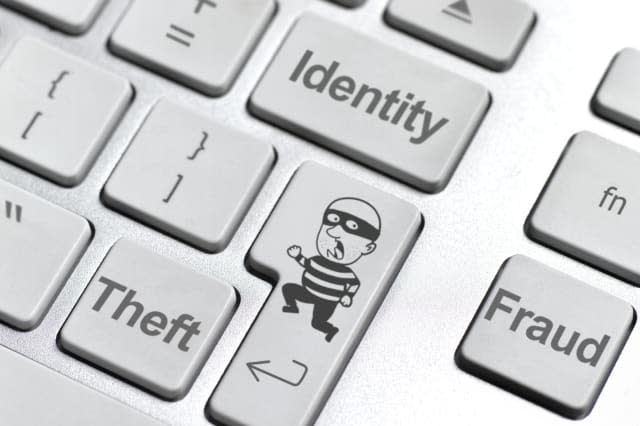Scamwatch: identity fraud

Stay one step ahead of the fraudsters with our series of articles giving you the lowdown on the scams they use to trick people out of their hard-earned cash - and how to avoid being taken in by them.
This week, we take a closer look at identity fraud, cases of which shot up 27% in the first three months of this year according to fraud prevention service Cifas.
How does it work?
Identity fraud is when your personal details are stolen and used to commit fraud, for example by opening a bank account or a credit card in your name.
Once fraudsters have your details, they can also order goods in your name, take over existing bank accounts and even obtain genuine documents such as passports and driving licences in your name.
In some cases, people whose identities are stolen and used fraudulently face problems for years afterwards due to black marks made against their names while the fraud was going on.
Cifas chief executive Simon Dukes said: "Identity fraud continues to be the most serious fraud threat with the first quarter of this year a very profitable one for organised identity criminals.
"More needs to be done to identify the true scale of fraud in the UK and educate individuals about the dangers and the steps that can be taken to protect themselves."
How can I avoid being caught out?
Steps you can take to reduce the chances of your identity being stolen include limiting the amount of personal details you give away on social networking websites and keeping your computer firewall, anti-virus and anti-spyware programmes up to date.
You should also choose passwords that are difficult to guess; make them at least 10 characters long and use a mixture of upper and lower case letters and numbers.
Treat any unsolicited emails asking you to give or confirm personal details with extreme caution, and remember not to click on any links within in them as these could lead you to bogus sites or activate software that allows fraudsters to access information on your computer, tablet or phone.
I've been defrauded. What should I do?
If you're a victim of identity theft, it can lead to fraud that can have a direct impact on your personal finances and could also make it difficult for you to obtain loans, credit cards or a mortgage until the matter is resolved.
So it is vital to take action as soon as you begin to suspect that something is wrong.
For lots of people, the first sign of identity fraud is when they start receiving bills or invoices for things they never ordered, or worse still, letters from debt collectors for debts they have not run up.
If you receive any suspicious post of this kind, contact Action Fraud (0300 123 2040) to report it and find out what to do next.
Related articles...
Scamwatch: phone banking fraud
Scamwatch: small business fraud
Scamwatch: social media fraud





